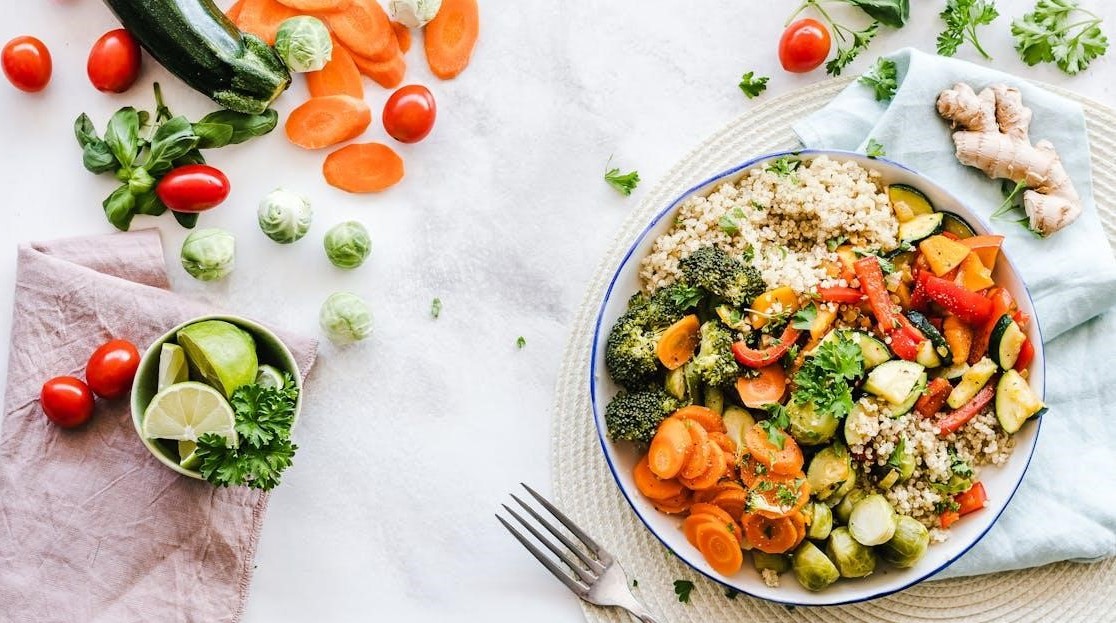
Mindfulness and Munchies: Eating for Happiness
Food is more than just sustenance. What we eat and how we eat profoundly impact our emotional well-being and happiness. Mindful eating and focusing on nourishing foods that make you happy transcend simple nourishment. The emerging field of nutritional psychiatry highlights the powerful connection between diet and mental health.
Mindful Eating: The First Bite to Happiness
Mindful eating is the practice of paying full attention to the experience of eating with curiosity and without judgment. It involves savoring flavors, textures, and the sensations of hunger and fullness.
By slowing down and being present with our food, we enjoy it more. This shift from mindless snacking and distracted meals fosters a healthier, more satisfying relationship with food.
Nutrition for Mental Health
What we eat directly impacts how we feel. Deficiencies in essential nutrients can contribute to mood swings, anxiety, and fatigue.
Conversely, a diet rich in whole foods, healthy fats, and specific nutrients has been linked to improved mood, better cognitive function, and reduced stress levels.
The Happiness Diet: Foods That Bring Joy
The Happiness Diet emphasizes foods that naturally promote good mental health. Leafy greens and vegetables provide essential vitamins and minerals. Omega-3 fatty acids in oily fish, nuts, and seeds are vital for brain function.
Fermented foods offer beneficial bacteria for gut health, impacting mood. Even a bit of dark chocolate can offer a mood boost, thanks to its antioxidants and natural feel-good compounds.
Emotional Eating: Understanding and Managing
Emotional eating is when we use food to cope with stress, boredom, sadness, or other negative emotions. It's a typical pattern but one that undermines happiness. Recognizing triggers for emotional eating is the first step.
Mindful eating practices help us distinguish between physical hunger and emotional cravings. Developing healthy coping mechanisms for stress is crucial. Certain foods offer a natural mood boost, some of which include the following.
Blueberries: Packed with antioxidants that protect brain health.
Bananas: Contain tryptophan, a precursor to serotonin, the feel-good neurotransmitter.
Salmon: Rich in omega-3s and vitamin D, both linked to improved mood.
Try a salmon salad sandwich on whole-grain bread, topped with spinach, for a happiness-boosting lunch.
Conclusion
How we eat is deeply intertwined with our emotional well-being and overall happiness. Embracing mindful eating and focusing on nourishing the body with mood-enhancing foods can create a foundation for a joyful, energized life. Let food be a source of both nourishment and pleasure!
Cultivating a positive relationship with food involves what we eat and how we eat. Taking the time to savor each bite and appreciating the flavors and textures can enhance the dining experience and promote a greater sense of satisfaction and contentment. By fostering a mindful approach to eating, we can deepen our connection to food and cultivate a more balanced and fulfilling relationship with nourishment.